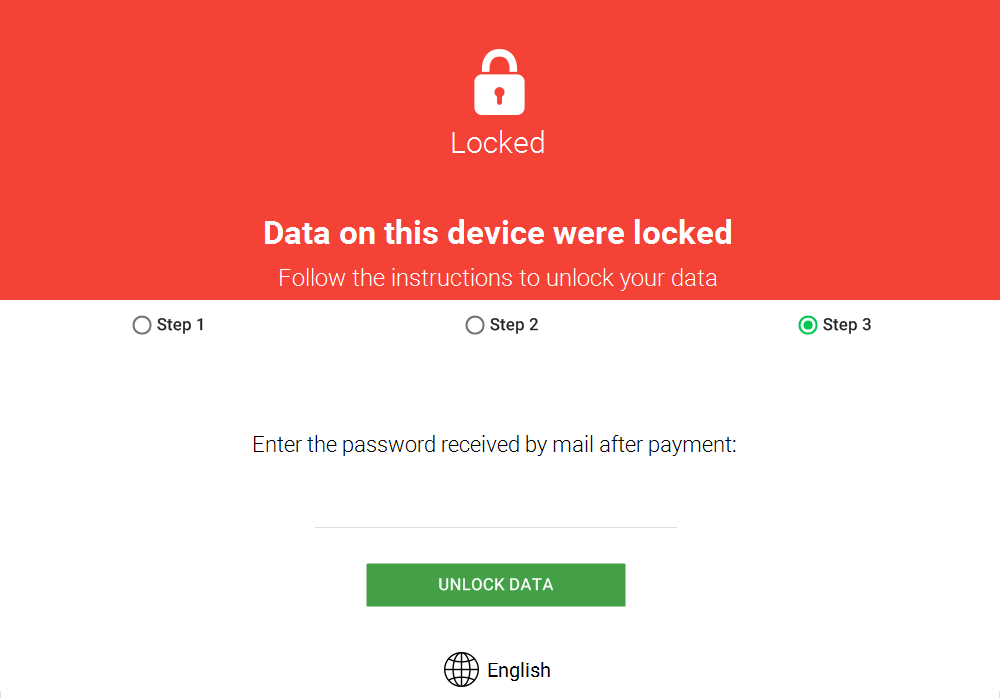The new Shark ransomware service was discovered by Serbian security expert GrujaRS. Shark claims to be a ransomware development kit. In other words, you can modify Shark to create a ransomware and try to encrypt PC for ransom. Even though the ransomware can produce payloads, it’s a possible scam. The Shark ransomware reportedly showed its fin on the waters of the Internet in July 2016.
More Details About the Shark Ransomware
Shark ransomware can be downloaded from anyone by entering the Deep Web(a portion of the internet that’s less monitored by search engine bots.) People who download the Shark will receive an infected ZIP file that contains three files- a Readme.txt, Payload Builder.exe, and Shark.exe.
The .txt File contains the following message:
“Attention! We recommend you to use a virtual machine when working with this files. And do not run payload.exe on your PC. Good luck! ”
Software like Shark can be pretty dangerous as it allows ransomware scammers with less experience in the field to infect computers. Crime is always bad, but incompetent criminal activity can be even more dangerous. Shark is also free, in the Internet sense of the word. Crooks can download it without paying, but the Shark developers will receive a 20% cut from every ransom paid. That can be done with the ransomware’s centralized payment. All payments would be in the Bitcoin currency. The fact that Shark was “promoted” with heavy spam on shady forums like Megatop doesn’t help to the case of its legitimacy.
Scamming the Scammers
The Shark Ransomware Note:

All of this seems pretty shady even for ransomware standards. It’s likely that the Shark developers are trying to fool other cyber criminals into distributing their ransomware. We usually advise ransomware victims to avoid paying the ransom because there’s no guarantee they’ll get their files decrypted. It’s pretty much the same advice we would give to whoever’s greedy and stupid enough to download the Shark ransomware kit. You can’t trust that the Shark developers would give you the promised 80%. It could be considered poetic justice if stealing from innocent web users wasn’t part of the process.
Ransomware as a Service
The Shark ransomware offers an interesting model for using a virus, almost like a free-to-play game. It doesn’t cost anything to download the malicious software, but it charges money afterward. It’s more likely that the would-be scammers will get nothing out of the whole deal, and the developers of Shark will get the whole ransom without doing any of the legwork. The 80/20 split seems too generous for such a strong virus.
We advise users to be careful about this new threat. The ransomware shows all signs of being developed by seasoned ransomware scammers and is very dangerous. Our advice is to avoid shady web-sites, email spam, and pirated content, as they’re the likeliest places to catch a virus. Time will tell how this new cyber-security threat will unfold.



